SEBO Upright Vacuums vs. Competitors: Which Is Truly the Best Upright Vacuum for Your Needs?
Choosing the best upright vacuum can feel overwhelming. With so many options available, from the commercial-grade durability of SEBO to the sleek innovation of Dyson and the premium craftsmanship of Miele, it’s easy to get lost in the details. But selecting the best vacuum for your home isn’t just about brand names—it’s about understanding what fits your cleaning needs, lifestyle, and budget.
In this comprehensive comparison, we’ll dive deep into SEBO uprights and their main competitors, examining everything from performance and filtration to maneuverability, noise, and long-term reliability. By the end, you’ll have a clearer picture of which vacuum is truly right for your home.
SEBO Upright Vacuums: Built for Durability and Reliability
SEBO vacuums have earned a reputation for commercial-grade reliability. Originally designed for high-traffic offices and professional cleaning environments, SEBO machines are built to last. This durability is especially valuable for homeowners who need a vacuum that can handle frequent use without losing suction or efficiency.
What makes SEBO stand out:
-
Hospital-Grade Filtration: Many SEBO models, such as the SEBO D4, come equipped with high-performance filters capable of trapping fine dust, pollen, and allergens. This makes them particularly well-suited for allergy sufferers or households with pets.
-
Long-Term Reliability: SEBO’s design focuses on longevity. Components are built for durability, and parts are easy to replace if needed, reducing long-term maintenance costs.
-
Ease of Use: SEBO vacuums are user-friendly despite their commercial-grade build. Features like adjustable height settings, accessible brush rolls, and simple bag replacement make everyday cleaning less of a chore.
Considerations:
-
Weight and Maneuverability: SEBO upright vacuums are slightly heavier than some consumer-focused models, typically around 16–20 lbs. While this contributes to stability, it can make navigating stairs or tight spaces more challenging.
-
Noise Levels: Due to the robust motors used in SEBO machines, they can be louder than some competitors, though this is often a trade-off for powerful suction and durability.
Dyson Upright Vacuums: Innovation Meets Convenience
Dyson is synonymous with innovation. Their vacuums are designed with advanced technologies that make cleaning efficient, convenient, and even a little enjoyable. For users who appreciate lightweight design, cordless options, and smart features, Dyson often shines.
Why Dyson appeals to many homeowners:
-
Cutting-Edge Technology: Features like laser dust detection, automatic suction adjustment, and anti-tangle brush rolls make cleaning more effective, even in hard-to-see areas.
-
Cordless Flexibility: Many Dyson models are cordless, allowing for seamless movement throughout the home without worrying about power outlets or extension cords.
-
Lightweight Design: Dyson vacuums are easy to lift and maneuver, ideal for apartments or multi-level homes.
Drawbacks to consider:
-
Bagless Design: While convenient, emptying dustbins can release fine particles back into the air, which may be a concern for allergy-prone users.
-
Higher Price Point: Dyson vacuums often come with a premium price tag, reflecting their technology and design.
Miele Upright Vacuums: Premium Quality and Quiet Efficiency
Miele vacuums are known for their premium build and exceptional filtration, making them a popular choice for those who prioritize clean air and low noise levels. Designed with both performance and longevity in mind, Miele machines are a solid investment for long-term use.
Highlights of Miele vacuums:
-
HEPA Filtration: Miele’s vacuums capture 99.95% of particles, including dust and allergens, ensuring a cleaner home environment.
-
Quiet Operation: Perfect for families with children or those who prefer a quieter cleaning experience.
-
Durable Construction: Built to last for many years, Miele machines combine powerful motors with high-quality materials.
Points to consider:
-
Weight: Like SEBO, Miele vacuums are on the heavier side, which may affect portability.
-
Cost: Miele’s superior engineering comes at a premium, which may not suit every budget.
Head-to-Head Comparison: SEBO vs. Dyson vs. Miele
|
Feature |
SEBO |
Dyson |
Miele |
|
Build Quality |
Commercial-grade durability |
Innovative and modern |
Premium craftsmanship |
|
Filtration |
Hospital-grade, ideal for allergies |
Advanced but bagless |
HEPA filters, exceptional for allergens |
|
Maneuverability |
Moderate, slightly heavier |
Excellent, lightweight |
Good, but heavier |
|
Noise Level |
Moderate to high |
Moderate |
Low |
|
Maintenance |
Easy, long-lasting parts |
Minimal, but dustbins must be emptied carefully |
Easy, built for longevity |
|
Price Range |
Moderate to high |
High |
High |
|
Best For |
Allergy sufferers, heavy use |
Tech enthusiasts, cordless convenience |
Quiet operation, premium quality |
Final Thoughts: Choosing the Right Upright vacuums for Your Home
There is no one-size-fits-all answer. The best vacuum depends on your home size, cleaning habits, health concerns, and budget:
-
SEBO: Ideal for those who need a reliable, durable machine that handles frequent use and prioritizes clean air for effective allergy management.
-
Dyson: Ideal for those seeking lightweight, high-tech, and versatile cleaning, particularly with the added convenience of cordless operation.
-
Miele: The top choice for quiet, premium performance with superior filtration and longevity.
Ultimately, the right vacuum is the one that aligns with your lifestyle, cleaning priorities, and comfort. By understanding the strengths and limitations of each brand, you can invest in a vacuum that truly makes cleaning easier and more efficient.
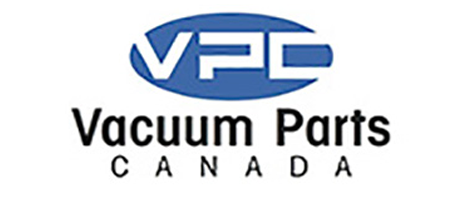
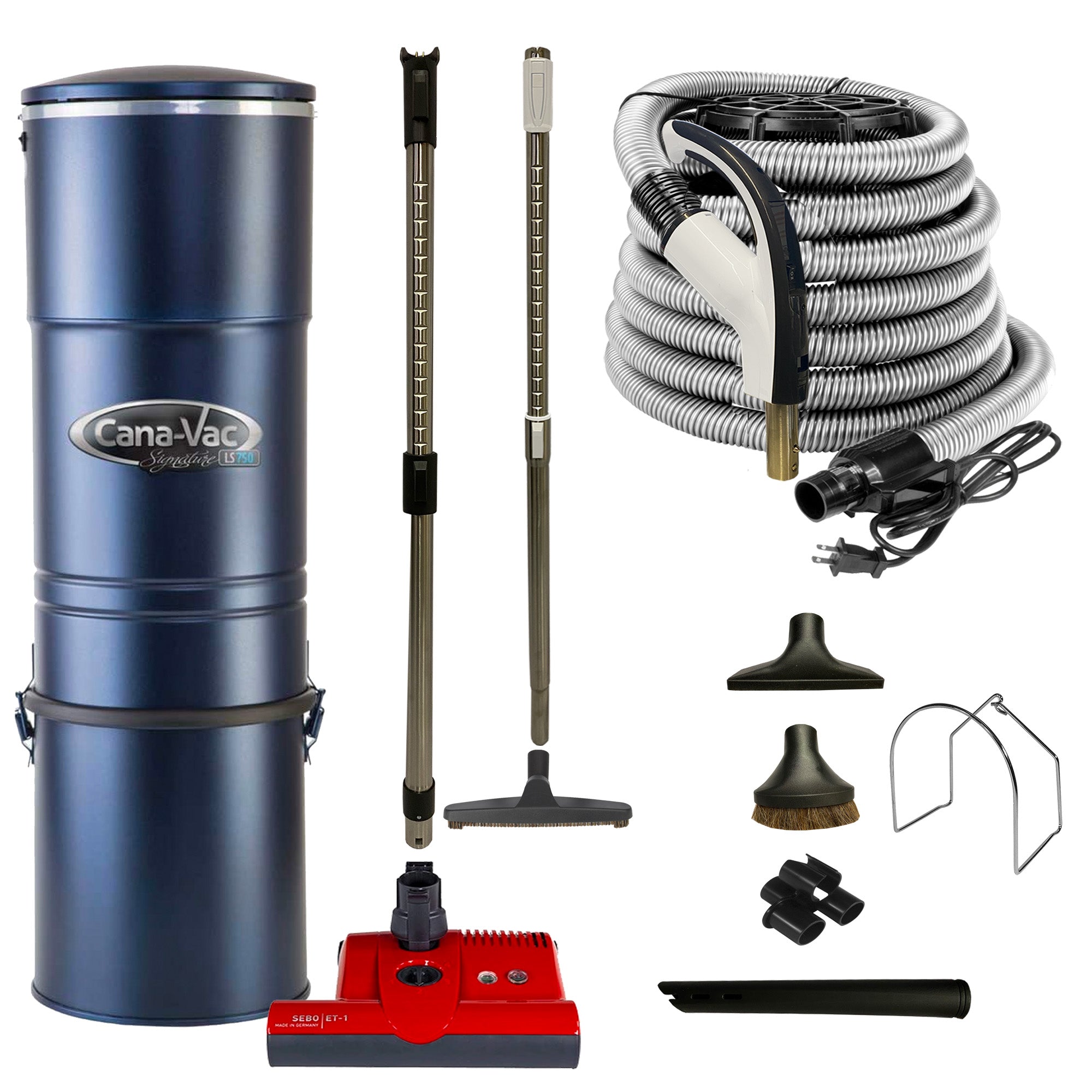
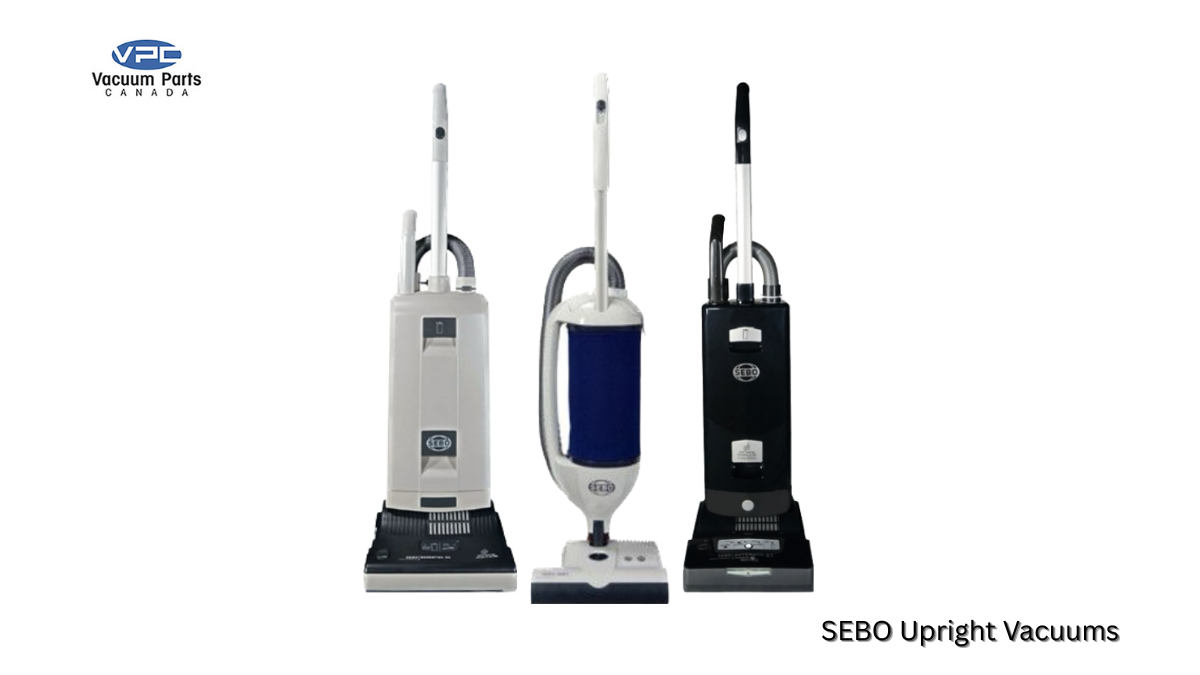
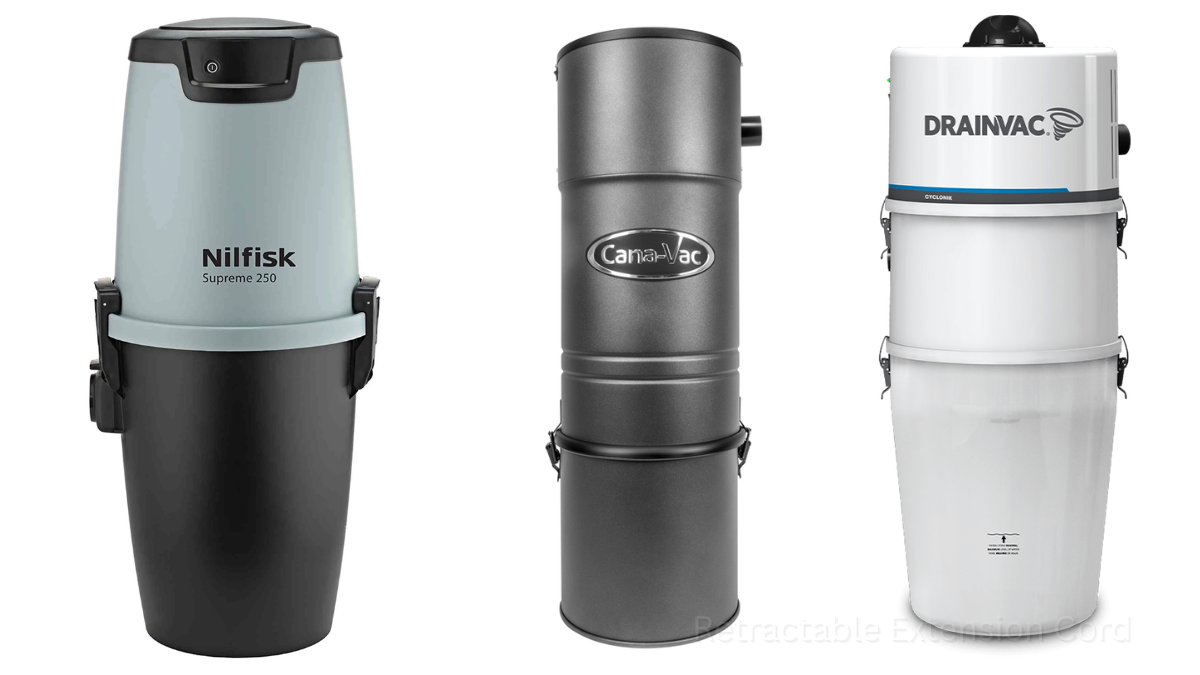
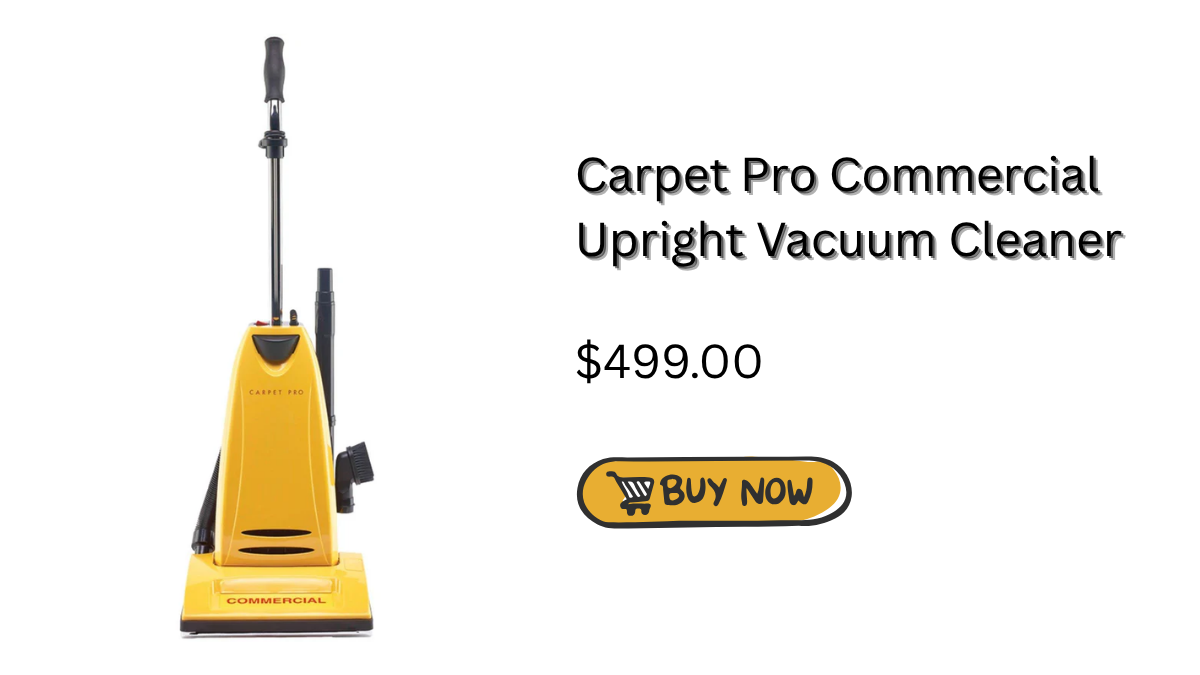
Leave a comment
This site is protected by hCaptcha and the hCaptcha Privacy Policy and Terms of Service apply.